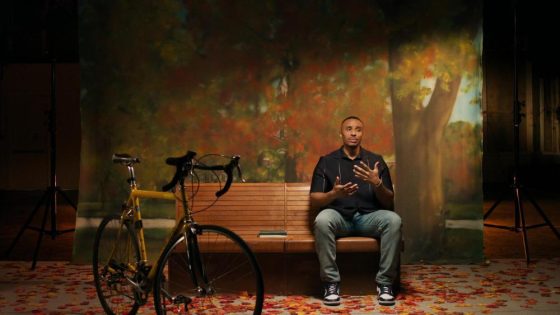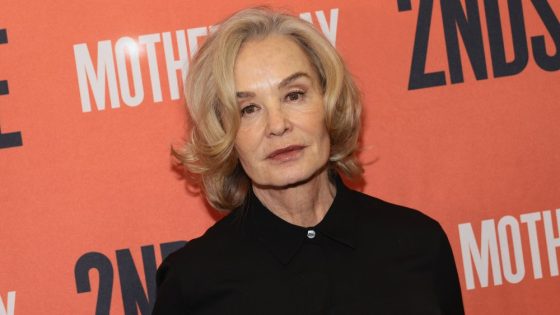Black Twitter was something you were either aware of, or you weren’t. However, the influence of Black culture on the social media platform can’t be understated. Hulu‘s “Black Twitter: A People’s History,” based on Jason Parham’s 2021 Wired cover story and directed by Prentice Penny, is a three-part docuseries revolving around the voices, movements, GIFs and memes that defined an era. The show chronicles how the Black community influenced American society and politics during the Obama years and beyond. Swiftly paced and boasting commentary from figures who include writer Jamilah Lemieux, cultural critic Roxanne Gay, writer Ira Madison III and several former Twitter executives, “Black Twitter” unfurls a timeline that begins amid the rise of the network and ends with its current iteration, X.
The first hour opens with “It Was All a Dream,” an overview of what made Twitter unique. It draws a through-line between early 2000s networking services like MySpace and Black Planet, which were predecessors to this melanin-fueled segment of the app and website. Contributors talk candidly about the happy accident that Black folks came to Twitter in droves over Mark Zuckerberg’s Facebook. Stuffed full of interesting anecdotes, including the birth of the phrase #BlackGirlMagic, the most compelling components of the series occur here. Moreover, Penny, who acts as narrator, highlights how President Barack Obama’s election in 2008, the debut of Shonda Rhimes’ “Scandal,” and image integration on Twitter helped grow the robust social collective that both confounded and intrigued the general public.
The final two chapters of “Black Twitter” address the emergence of the #BlackLivesMatter movement and the farce of a post-racial America. These segments recount the push for accountability for horrific incidents of police violence and the doxing of Karens for their rampant racism. Moving beyond what was visible on the platform, the show offers insight into the behind-the-scenes business of the platform with analysis from TJ Adeshola, Twitter’s previous head of Global Content Partnerships and God-is Rivera, former global director of Culture and Community. Using archival news footage and these voices, the docuseries chronicles how the company often failed its users — and why billionaire Elon Musk was so desperate to purchase the social network for a wildly inflated price.
Some sections of “Black Twitter” are challenging mentally and emotionally to relive. The series moves through the Obama years into the Trump era, addressing cultural tipping points like Trayvon Martin’s murder, the Ferguson uprisings, the coronavirus pandemic and the death of George Floyd, giving reverence to the people who kept their fellow citizens informed when the government and traditional news outlets failed the general public.
Thankfully, Penny bookends these difficult sections with humorous Black discourse. Reliving snippets from Black Twitter’s response to the Jan. 6 Capitol riots, which populated the hashtag #ComeGetYourWhiteCousin, as well as reflecting on an imagined Paula Deen menu with racially charged options like #BackoftheBusBiscuits. These countless tweets and hashtags showcase the beauty of what it means to address the foolishness of American politics and white supremacy while calling for diversity, equity and inclusion.
Trying to squeeze in a decade-plus of discourse into three hours was always going to be challenging. Though the show does consider some of the troubling aspects of Twitter in the third chapter’s “It’s Giving Toxic,” the terror, homophobia and misogynoir Black women, trans folks, and queer people experience at the hands of the Black community in internet spaces should have been more closely examined. Additionally, addressing the countless policy failures, misinformation and the Wild West-like infrastructure of the platform needed an entire episode on its own.
While “Black Twitter” isn’t revelatory for those who were there, seeing the tweets, memes and moments displayed on the screen with contributor context does provide insight to those on the outskirts. Relieving the origins of these movements is a recollection of where we are culturally and how much things have shifted, evolved or stayed the same. Most importantly, as Musk’s X continues to erode, the docuseries stands as an archive, reminding us that we possess the power to demand change; we need only to use our voices to activate it.
The three episodes of “Black Twitter: A People’s History” premiere May 9 on Hulu.
Source Agencies



